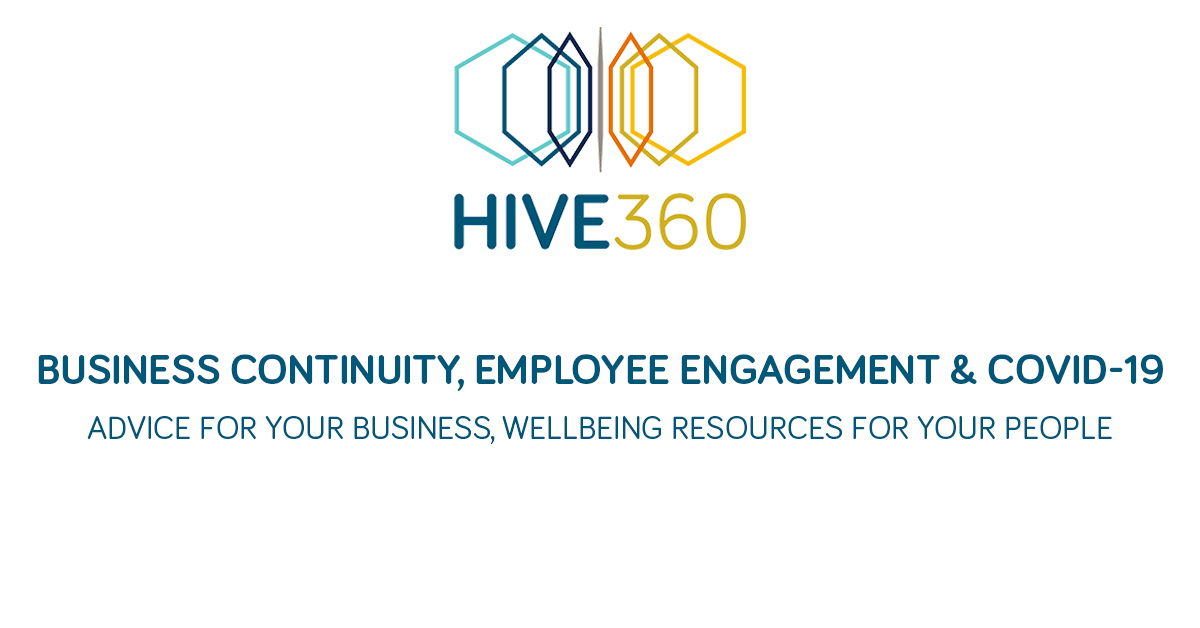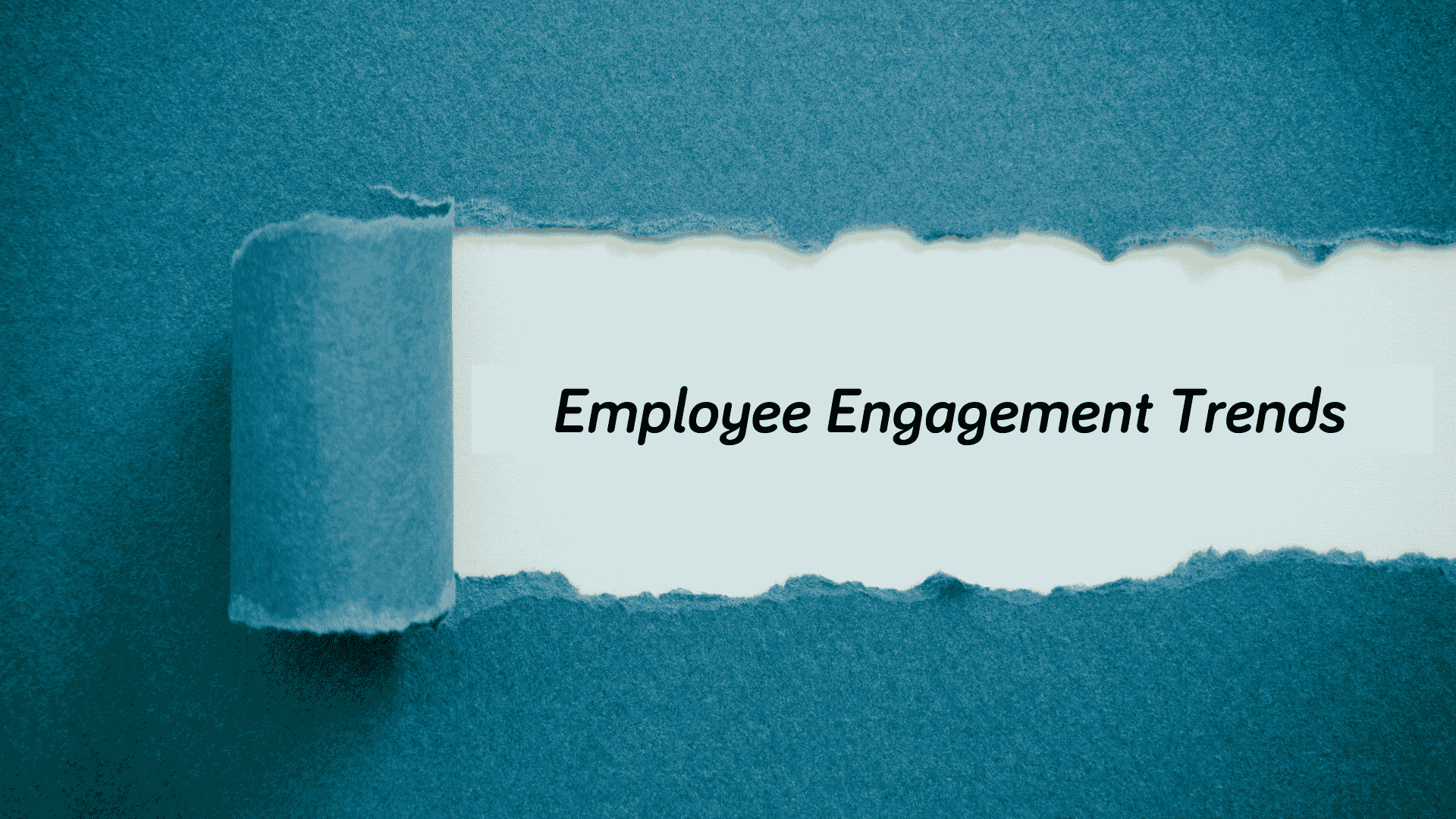Coping Under Quarantine: Stress
April 2, 2020Categorised in: News
The current situation we find ourselves in with COVID-19 has caused stress and anxiety levels to rise across the board. As it is stress awareness month, we have put together a guide on understanding what stress is, the causes and how you can manage it.
What is stress?
Stress is what we feel when we are under pressure. It is a completely normal response which we will all experience from time to time and is the way our body reacts to feeling under threat, also known as the ‘fight or flight’ response. The most important thing to remember is that it is not dangerous. Actually, a certain amount of pressure can be quite helpful and motivating. When we have too much pressure for too long, this is when stress becomes a problem as the reaction can be more severe. This isn’t to say it isn’t unpleasant in the short term, but if stress continues and is not managed it can be really bad for our health.
What are the signs of stress?
The signs of stress can vary from person to person. The physical symptoms are mostly linked to our survival strategy, the fight or flight response. This causes hormones such as cortisol and adrenaline to release into the body, quite literally to prepare us to fight or run. The current pressures many of us are facing due to the pandemic and everyday life in general are not usually helped by this response, as we can’t fight or run from debt, a virus (although we can all hide in our houses, stay at home!) Many people can feel alarmed when they feel these symptoms and can confuse them with signs of a serious physical or mental health problem, such as having a heart attack or cracking up. Rest assured – the symptoms aren’t dangerous and are in fact very common!
What are the effects of stress?
There are many effects stress can have on both your body and mind and can affect how you behave in everyday situations such as home, relationships and work. You can read more about these signs in a bit more detail in our booklet.
If you have some or all of these effects, you are probably experiencing stress. The list will show short term symptoms, however long-term health risks from prolonged stress can cause serious problems, such as heart disease, high blood pressure, severe depression, lower immune system and many more.
What are the causes of stress?
You can’t always avoid stress or stressful situations but learning more about your stress can allow you to understand the causes of stress and reduce the effect it has on you. A good technique is to keep a stress diary that will allow you to identify triggers and what you notice about your body and mind’s response to stress.
This is a question that unfortunately doesn’t have a straightforward answer. Throughout our lifetime, what is stressful will vary from person to person so there can be many causes of stress, such as one or two big life events or changes, and other times it can be an accumulation of smaller things. It can even be both. Things that happen to us and around us (called external stress) can build stress levels as well as what happens inside us (called internal stress).
You can break the vicious cycle of getting more stressed despite not being able to control the external stress in your life by better understanding your stress and adapting your response to it. Taking control of external stress factors can be really helpful and can allow you to understand why you are feeling stressed. It can also teach you to be kinder to yourself in recognising and understanding what you are dealing with.
How can we manage stress?
Managing stress can seem quite overwhelming when you have no idea where to start; that’s why we have broken it down a little bit for you to take an easier approach.
Your body is one of the first things affected as the stress response is mainly physical. Activities such as deep muscle relaxation, controlled breathing and mindful breathing and meditation can all aid in reducing tension and switching off some of the physical signs of stress. You can read about these techniques in more detail in our free booklet linked below.
Physical signs aren’t the only things you need to learn how to manage, as the mind can be impacted just as much. The good news however is because the mind and body are linked, by practicing the activities above you can also help to calm your stressed mind as well as stressed body. Alongside these exercises, there are some simple things you can do to help your mind, such as changing and challenging stressed thoughts. Again, you can read about these techniques in more depth in our downloadable booklet linked below.
Another thing you can learn to manage is stressed behaviour. The way stress affects your body and mind an also have an impact on your behaviour. The techniques we mentioned to help you manage your stressed mind and body are positive behaviours to help combat stress, however what you need to consider is the behaviours you display when stressed, as not all are good and can actually make the problem worse, such as the three A’s – alcohol, avoidance and activity.
Is my stress work related?
Work related stress is growing increasingly common, even more so now more of us are working remotely. It is now the biggest reason for sickness absence in the UK. If you believe your stress is mostly work related, and it is too much for you to deal with by yourself, speak to your manager, HR department or utilise your health benefits on your Perks Portal. Work related stress isn’t an issue you should face alone; you should share your troubles with your employer to see if they can help.





